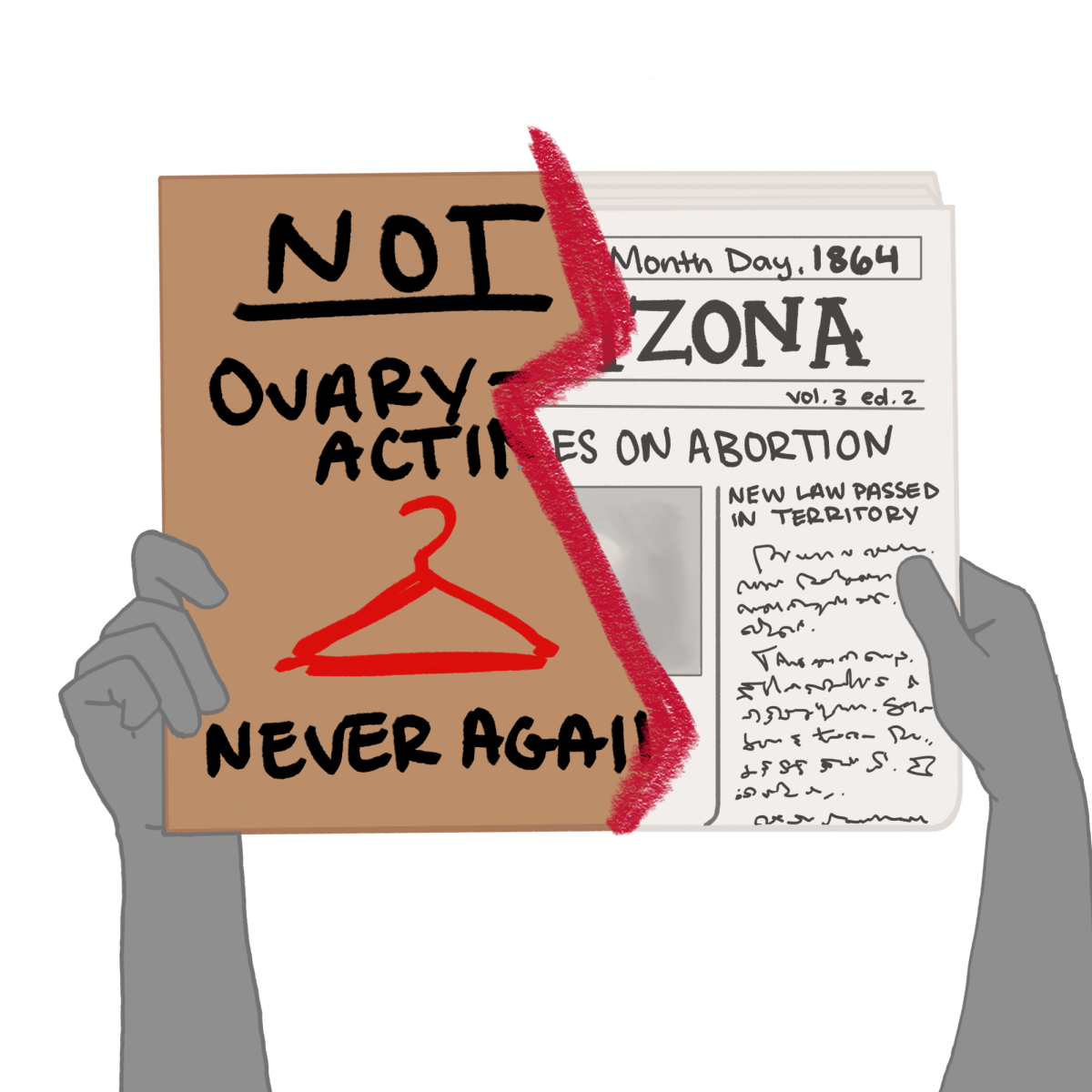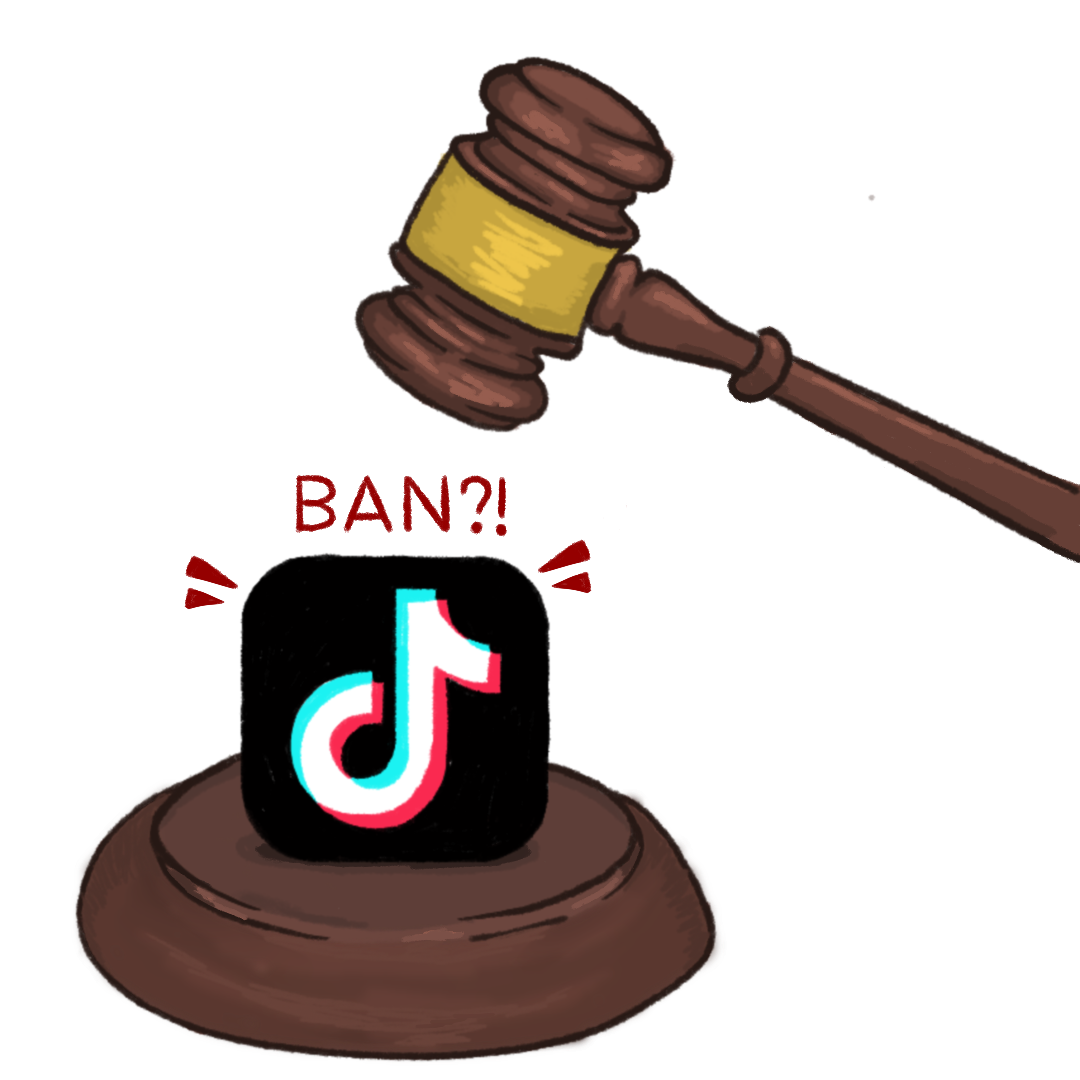Last Tuesday, the Arizona Supreme Court ruled to lift an injunction against a law from 1864 that acts as a near-total ban on abortion and can now be enforced by the state. This law, which had been blocked for nearly 50 years, criminalizes abortion during all stages of the pregnancy unless the woman’s life is proven to be at stake. It makes no exceptions for rape or incest and promises to persecute any medical personnel that carries out or assists in performing an abortion.
With this ruling, Arizona has become another of many states taking advantage of the U.S. Supreme Court overturning Roe v. Wade to enforce restrictions on abortions. However, the decision to implement a law dating back to the Civil War is radical, even for some Republican state representatives. Even Donald Trump tuned in to the conversation, asking the Arizona Legislature to “remedy” the situation, suggesting to journalists that the ruling went too far.
His motives are no doubt political, as presidential elections are coming up at the end of the year and the Biden administration is laying all the blame for the increasing number of states enacting bans on abortions at his feet. Unsurprisingly, politicians are taking advantage of the pain of their citizens to play the election game.
This latest development in the state of abortion rights in the U.S. is an affront to the state of societal evolution and human progress. In 1864, women in Arizona did not have the right to vote and the age of consent was 10 years old. This is the sort of sick and retrogressive mentality that this renewed law is bringing to the table, and anyone who cheers for its reinstatement can sleep happily knowing that the patriarchy is alive and well in 2024.
For the sake of human decency, people from all states must protest this sort of attack on women’s rights and make use of their right to vote this election year to ensure a more civilized and safe future for the country.
Despite what Arizona may think, it is not 1864. Women have the right to vote and protest. It is irresponsible to stand by and do nothing as states continue to turn back the clock.
Texas citizens can contact their representatives to express their concerns about the country’s and the state’s abortion rights by writing to them. Their contact information can be found on the Legislative Reference Library of Texas website.














